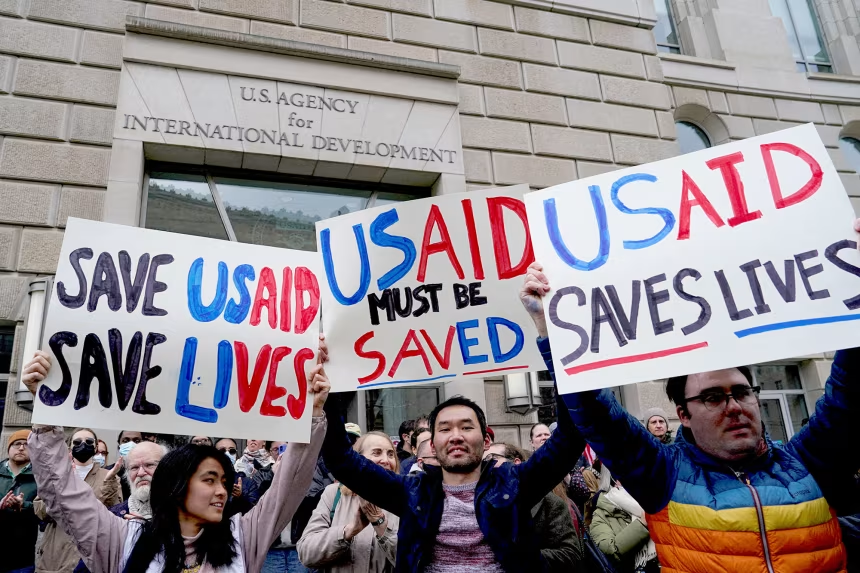The legal fight over President Trump’s attempt to block billions in congressionally approved foreign aid has taken another turn after a federal appeals court declined to end the case, allowing it to continue in lower courts. The ruling keeps alive a lawsuit brought by nonprofit groups that rely on U.S. foreign assistance, even as the administration presses the Supreme Court to intervene.
At the center of the dispute is Executive Order 14169, which Trump signed earlier this year to impose a 90-day freeze on most new development aid while his administration conducted a policy review. Emergency humanitarian programs were exempt, but billions earmarked for global health, education, and food security were halted. Critics argue that the freeze violates the Impoundment Control Act, which bars the executive branch from withholding funds already approved by Congress.
In February, Judge Amir Ali of the U.S. District Court blocked the freeze and ordered nearly $2 billion in delayed funds to be released. The administration quickly appealed, and while a divided panel of the D.C. Circuit initially questioned whether nonprofits had legal standing to sue, the latest decision sends the case back to the lower court for further consideration.
Meanwhile, the Justice Department has asked the Supreme Court to halt the disbursement of roughly $12 billion in aid while the case plays out, arguing that continued spending undermines presidential authority and fiscal planning.
The stakes are high both at home and abroad. For humanitarian groups, the freeze disrupts vital work, from vaccination programs to hunger relief efforts, at a time when global crises are multiplying. For Washington, the case is a test of the constitutional balance of power—whether the president can override Congress’s control of the budget when foreign policy priorities clash.
As the case moves back to Judge Ali’s courtroom and possibly on to the Supreme Court, the outcome will shape not only the fate of U.S. foreign aid but also the boundaries of executive power. What is certain is that millions of vulnerable people around the world are watching closely, as political and legal battles in Washington determine whether critical programs survive.


